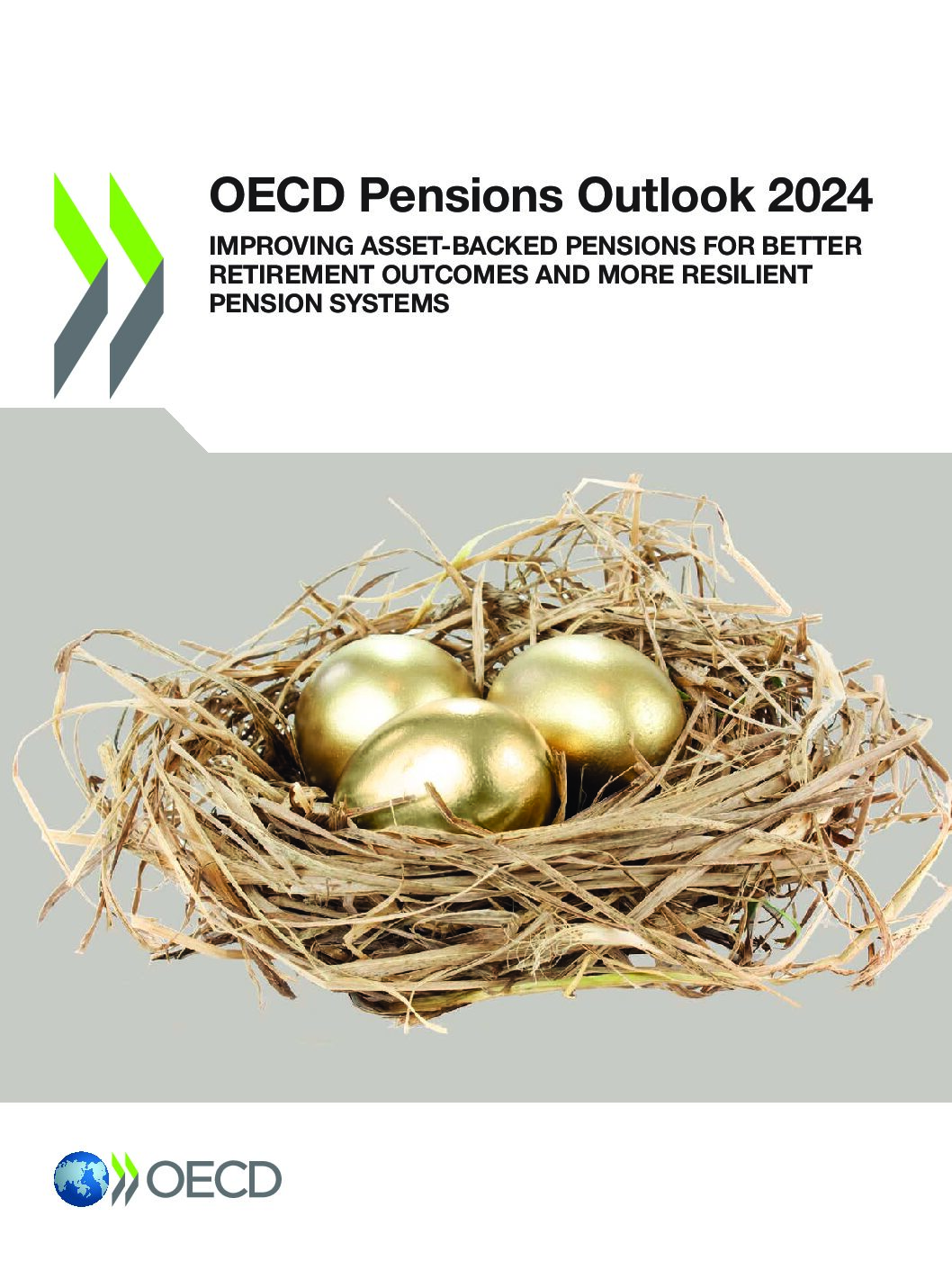Family and Government Insurance: Wage, Earnings, and Income Risks in the Netherlands and the U.S.
By Mariacristina De Nardi Giulio, Fella Marike Knoef, Gonzalo Paz-Pardo Raun Van Ooijen
We document new facts on the distributions of male wages, male earnings, and household earnings and income (before and after taxes) in the Netherlands and the United States. We find that, in both countries, wages display rich dynamics, including substantial asymmetries and nonlinearities by age and previous earnings levels. Individual-level male wage and earnings risk is relatively high for younger and older people, and for those in the lower and upper parts of the income distribution. In the Netherlands, the behavior of hours and family labor supply have noticeable effects on earnings persistence and on the skewness and kurtosis of wage changes, but government transfers are a major source of insurance. Instead, the role of family insurance is much larger in the U.S. and also affects the standard deviation of wage changes, in addition to its skewness and kurtosis, and wage persistence. Family and government insurance reduce, but do not eliminate these non-linearities in household disposable income by age and previous earnings in both countries.
Source: NBER










